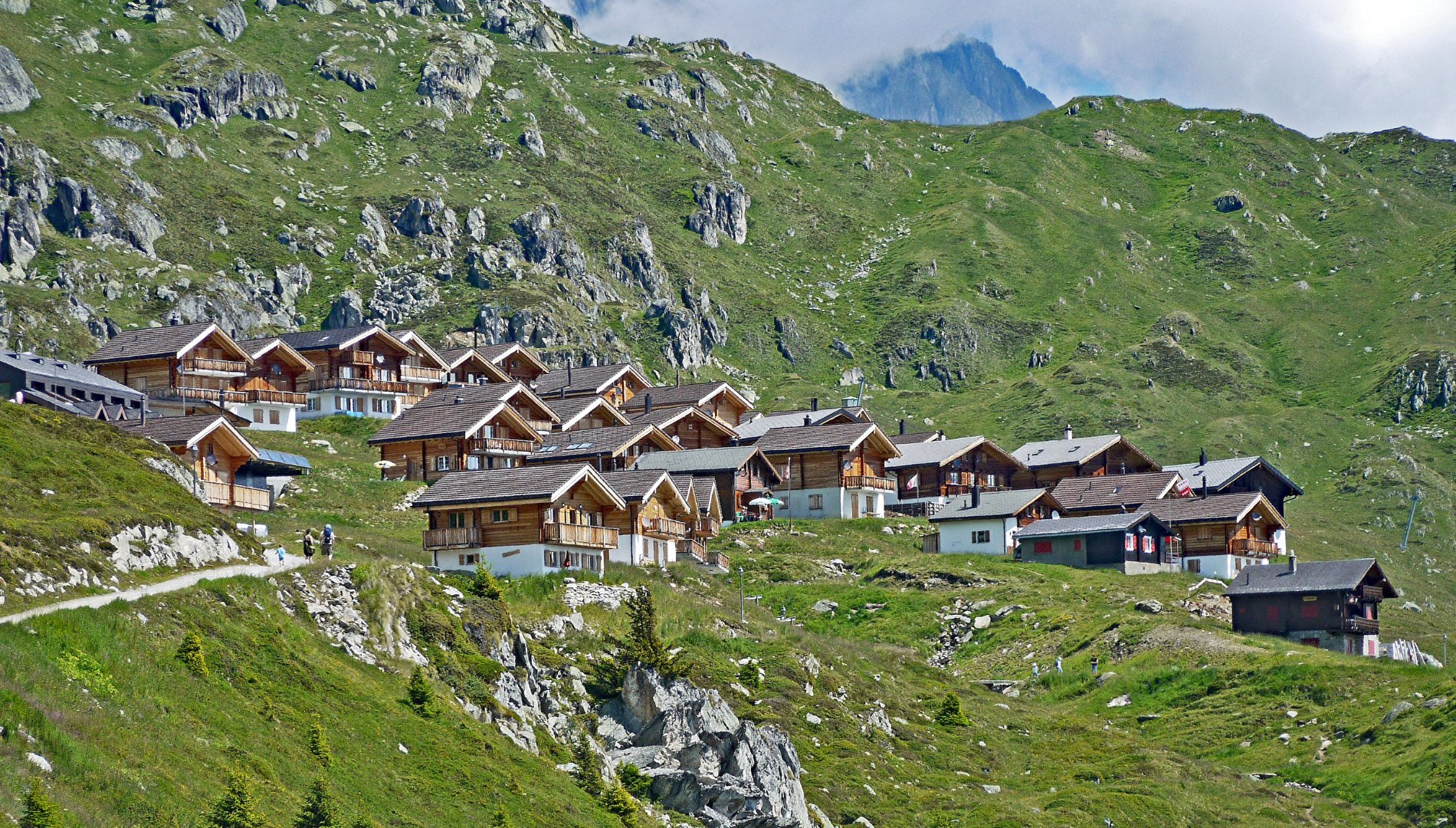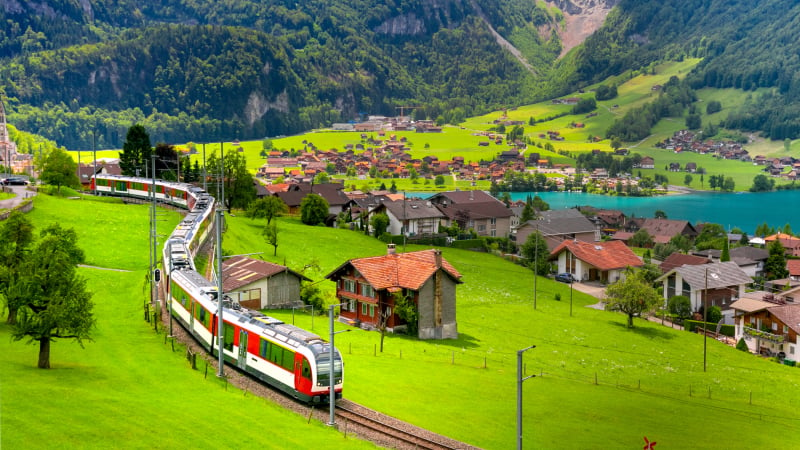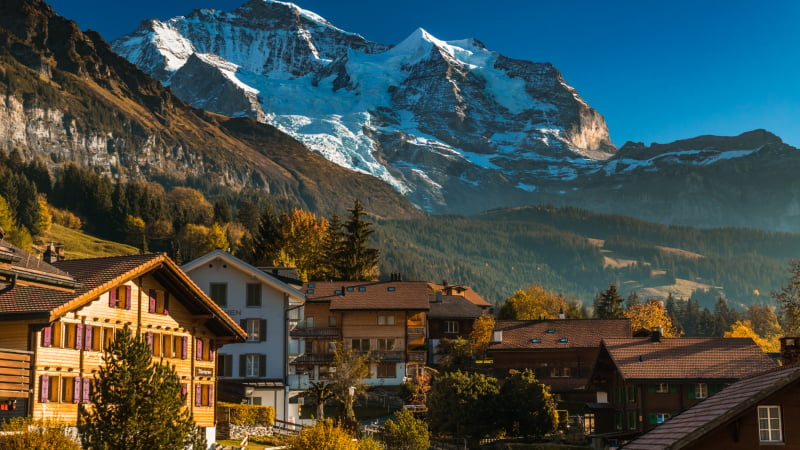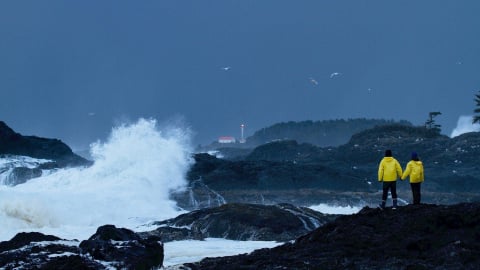The village of Blatten, nestled in the majestic Alps, witnessed a terrifying nightmare when a massive block of ice from the Birch Glacier unexpectedly crashed into the Lotschental Valley in Switzerland. This natural disaster transformed the idyllic village into a sea of melted mud and rock, almost completely burying the entire settlement.
Although the residents of Blatten had been evacuated several days earlier thanks to timely warnings from experts about the instability of the Birch Glacier, the scale of the devastation far exceeded all predictions. The horrific mudslide not only flattened many homes but also claimed the life of a 64-year-old man who remains missing. Matthias Bellwald, the mayor of Blatten, choked back tears as he shared: "This is unbelievable. We have lost our village, but our hearts remain. We will certainly support each other. After a long night, dawn will come."
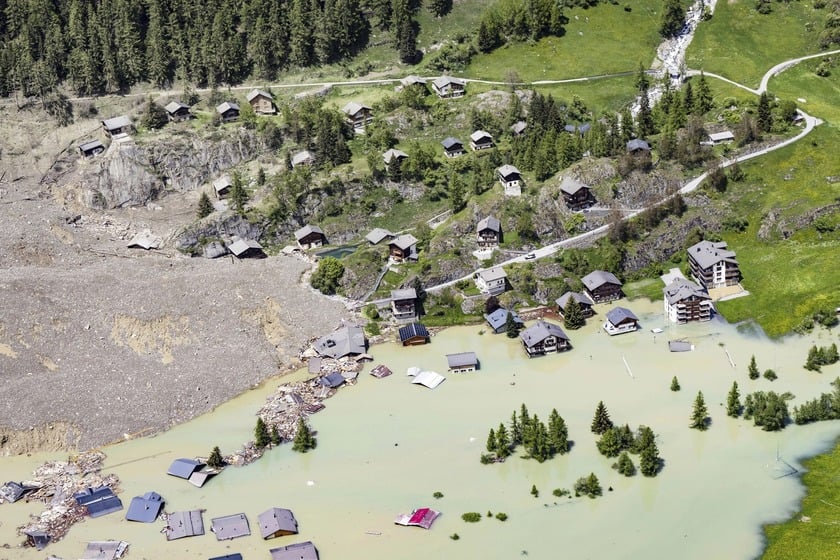
Glacial landslides in the Swiss Alps created torrents of ice and mud, burying an entire nearby village.
The disaster at Blatten is a grim reminder of what awaits communities across the Alps. With unprecedented amounts of melting ice and water, the resulting glacial mudflow devastated Blatten, a village renowned for its picturesque beauty, far more severely than previously predicted. Drone footage shows a large section of the Birch Glacier collapsing, creating a deafening roar and sending clouds of dust and debris blanketing the valley.
In the midst of the hardship, local authorities quickly called for assistance from the Swiss Army's disaster relief unit and received attention from the government. The Swiss government also pledged financial support to ensure residents could stabilize their lives, even though they might never be able to return to their old village. "We lost everything in an instant. It's unbelievable this used to be a residential area," one resident shared in anguish.

Local authorities have called for assistance from the Swiss Army's disaster relief unit.
However, Raphaël Mayoraz, head of the regional disaster management office, warned of the possibility of needing further evacuations in areas near Blatten. This is a direct consequence of climate change, which is causing glaciers to melt at an increasingly rapid rate, even permanent glaciers. Permafrost, which is considered the glue that holds high mountain structures together, is also disintegrating.
Geologists have been monitoring and warning for years that several towns and villages in the Alps are facing high risks. Blatten is not the first place to be evacuated. Two years ago, the village of Brienz in eastern Switzerland was also evacuated due to signs of collapse on the mountainside above.
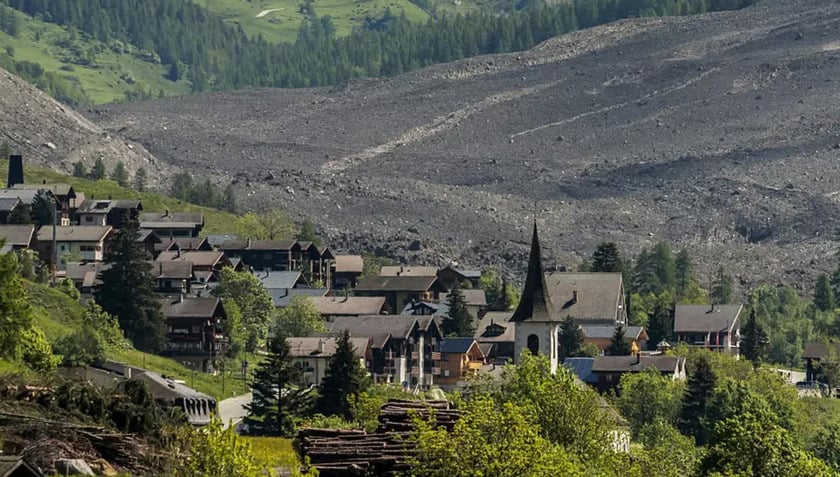
Climate change is causing glaciers to melt at an increasingly rapid rate, even permanent glaciers. Meanwhile, permafrost, which is considered the glue that holds high mountain structures together, is also disintegrating.
Professor Sridhar Anandakrishnan, a glaciologist at Pennsylvania State University, emphasized that the danger from glacier degradation is not limited to sudden collapses, but can also lead to the formation of large lakes, which can then rupture natural dams and cause disasters. This has happened before in the Himalayas and the Andes, and most recently, the largest landslide in over a century in 2017, which claimed the lives of eight people and destroyed many homes near the village of Bondo, Switzerland.
The latest report on the state of Swiss glaciers points to an alarming reality: if global temperatures are not kept below 1.5°C above pre-industrial levels – a target adopted by nearly 200 countries and territories in the Paris Climate Agreement – then all of Switzerland's glaciers could disappear within the next 100 years. While scientists remain cautious about attributing the direct cause of a single event to climate change, glaciologists have long been concerned about the impact of climate on Swiss glaciers. The Blatten disaster is an urgent wake-up call, demanding more decisive action to protect natural heritage and the lives of millions worldwide.

 VI
VI EN
EN



